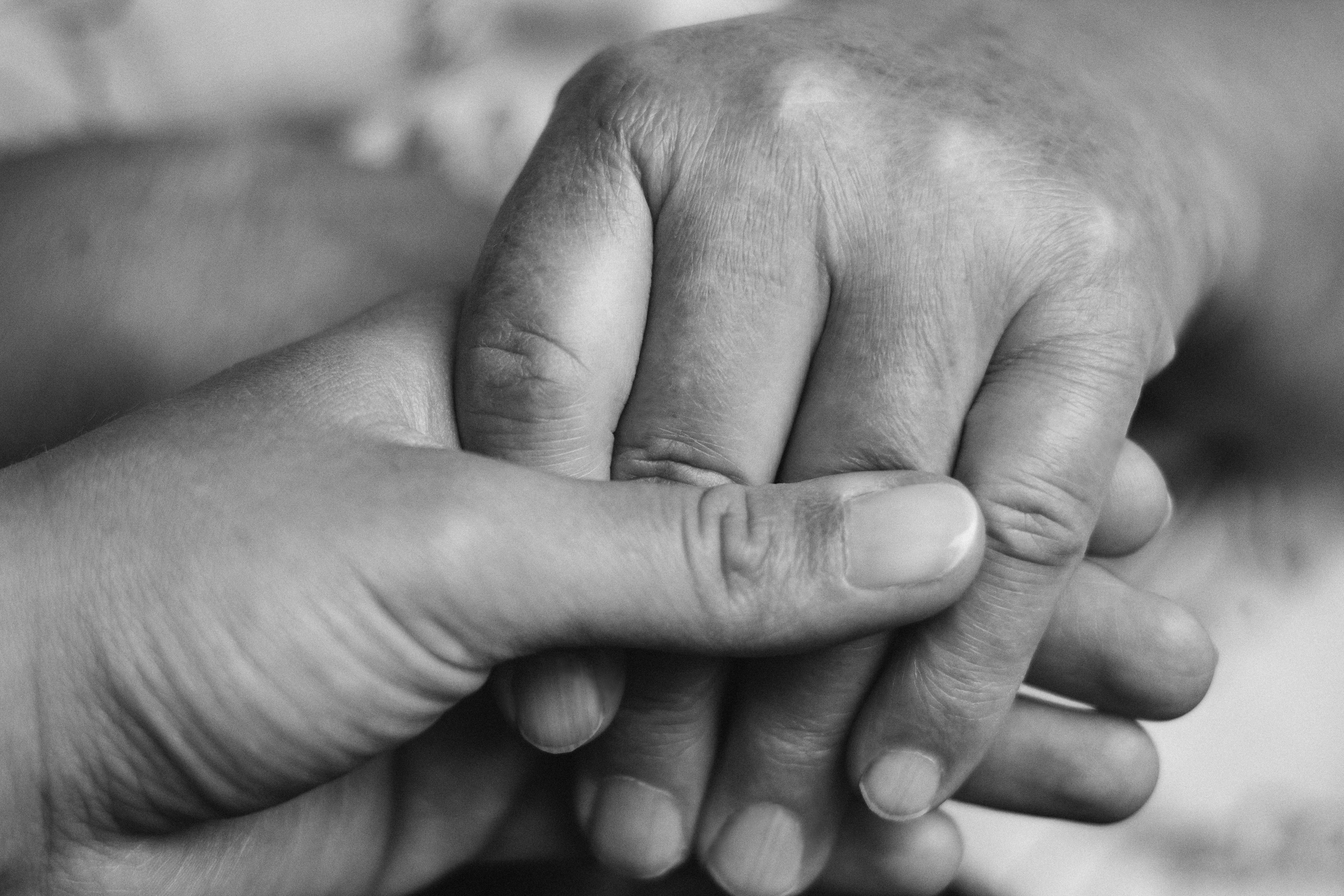
A third of bereaved people claim the quality of end of life care their loved one received jeopardised their happy memories of that person, a new poll has found.
Charity Marie Curie said it was sad to see so many memories were “tainted” by poor care.
Its poll of 1,155 people who had lost a relative, friend or neighbour through terminal illness found that 35% felt the poor quality of end-of-life care had marred their memories.
Nearly a fifth felt that better end-of-life care could have helped them preserve memories of happier times.
The survey, which also polled a further 845 British adults who had not been bereaved, also quizzed participants on how they would like to be remembered by their loved ones.
A quarter like the idea of their last words being a joke to make their loved ones laugh.
And 16% would like to make a declaration of love.
Marie Curie bereavement specialist Ann Scanlon said: “Each family deals with the loss of a loved one in a different way, and how we go about coping with a loss can vary depending on the individual.
“It is sad to see so many people feeling that their lasting memories have been tainted by the poor care that their loved ones had received at an important and precious time.
“When you lose someone close to you, it can be an overwhelming and potentially traumatic experience, but with the right care and support in place it can also be as peaceful and calm as possible. It’s important to remember that help is available.”
The charity released the survey to mark its Great Daffodil Appeal; to find out more visit: www.mariecurie.org.uk/daffodil

Enjoy the convenience of having The Sunday Post delivered as a digital ePaper straight to your smartphone, tablet or computer.
Subscribe for only £5.49 a month and enjoy all the benefits of the printed paper as a digital replica.
Subscribe